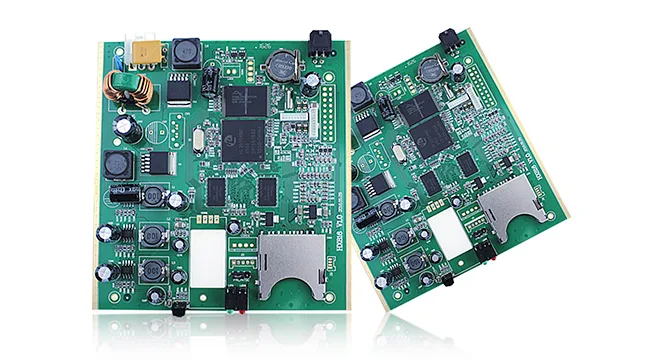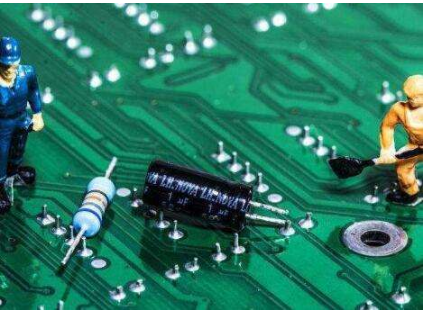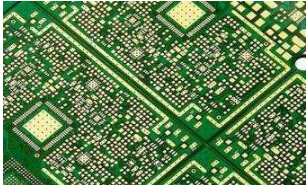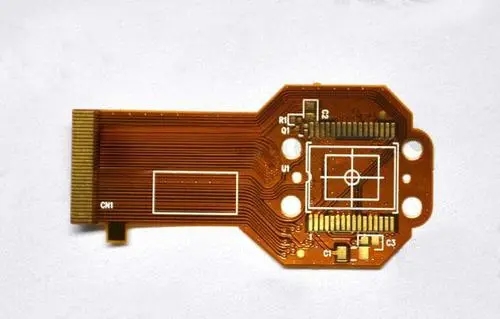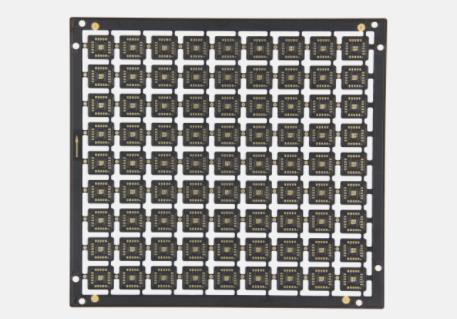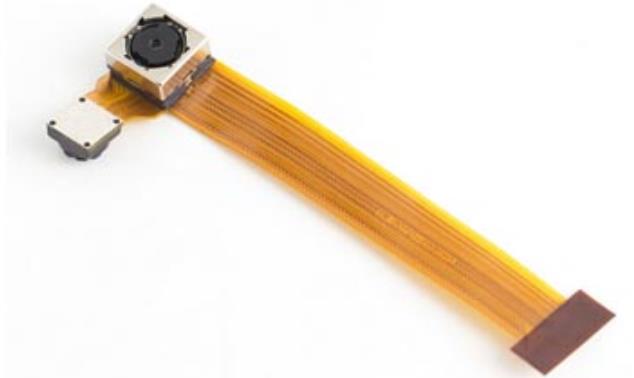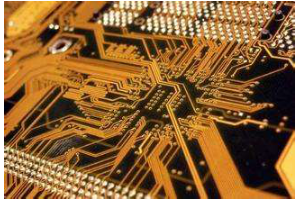
In PCB system design, in order to reduce detours and save time, anti-interference requirements should be fully considered and met, and anti-interference remedial measures should be avoided after the design is completed. There are three basIC elements to form interference:
(1) Interference source refers to PCB components, equipment or signals that generate interference. It is described in mathematical language as follows: du/dt, where di/dt is large, is the interference source. For example, lightning, relay, silicon controlLED rectifier, motor, high-frequency clock, etc. may become interference sources.

(2) Propagation path refers to the path or medium through which interference propagates from the interference source to the sensitive device. The typical interference propagation path is conducted through wires and radiated from space.
(3) Sensitive devices refer to objects that are easy to be interfered with. Such as: A/D, D/A converter, microcontroller, digital IC, weak signal amplifier, etc.
The basic principle of anti-interference PCB design is to suppress the interference source, cut off the interference propagation path, and improve the anti-interference performance of sensitive devices. (SIMilar to the prevention of infectious diseases)
1、 Suppress interference source
Suppressing interference sources is to reduce du/dt, di/dt of interference sources as much as possible. This is the most priority and most important principle in anti-interference design, which can often achieve twice the result with half the effort. The du/dt of the interference source is reduced mainly by paralleling capacitors at both ends of the interference source. The di/dt of the interference source is reduced by adding inductance or resistance in series and freewheeling diode in the interference source circuit.
Common measures to suppress interference sources are as follows:
(1) The relay coil is added with a freewheeling diode to eliminate the back EMF interference generated when the coil is disconnected. Only adding freewheeling diode will delay the disconnection time of the relay, and the relay can act more times in a unit time after adding voltage stabilizing diode.
(2) Connect the spark suppression circuit at both ends of the relay contact in parallel (generally RC series circuit, with a resistance of K to tens of K and a capacitance of 0.01uF) to reduce the impact of electric spark.
(3) Add a filter circuit to the motor, and pay attention to the capacitor and inductor leads should be as short as possible.
(4) Each IC on the circuit board shall be connected to 0.01 in parallel μ F~0.1 μ F High frequency capacitor to reduce the influence of IC on power supply. Pay attention to the wiring of high-frequency capacitor. The wiring should be close to the power terminal and as short as possible. Otherwise, the equivalent series resistance of the capacitor will be increased, which will affect the filtering effect.
(5) Avoid 90 degree polyline during wiring to reduce high-frequency noise EMIssion.
(6) RC suppression PCB circuit is connected at both ends of SCR in parallel to reduce the noise generated by SCR (SCR may be broken down if the noise is serious).
According to the propagation path of interference, it can be divided into conducted interference and radiated interference.
The so-called conducted interference refers to the interference transmitted to the sensitive device through the wire. The frequency band of high-frequency interference noise is different from that of useful signal. The transmission of high-frequency interference noise can be cut off by adding a filter on the wire. Sometimes, isolation optocouplers can be added to solve this problem. Power supply noise is the most harmful, so special attention should be paid to handling. The so-called radiation interference refers to the interference transmitted to sensitive devices through space radiation. The general solution is to increase the distance between the interference source and the sensitive device, isolate them with a ground wire and add a shield on the sensitive device.
Common measures to cut off interference propagation path are as follows:
(1) Fully consider the influence of power supply on MCU. If the power supply is well done, the anti-interference of the whole circuit will be more than half solved. Many single chip computers are very sensitive to power supply noise. To reduce the interference of power supply noise to single chip computers, filter circuits or voltage regulators should be added to the power supply of single chip computers. For example, magnetic beads and capacitors can be used to form a π - shaped filter circuit. Of course, 100 Ω resistors can also be used to replace magnetic beads when conditions are not demanding.
(2) If the I/O port of the single chip microcomputer is used to control noise devices such as motors, isolation shall be added between the I/O port and the noise source (π filtering circuit shall be added). To control noise devices such as motor, isolation shall be added between I/O port and noise source (π filtering circuit shall be added).
(3) Pay attention to crystal oscillator wiring. The crystal oscillator shall be as close as possible to the pin of the microcontroller, and the clock area shall be isolated by the ground wire. The crystal oscillator shell shall be grounded and fixed. This measure can solve many difficult problems.
(4) The circuit board shall be reasonably partitioned, such as strong and weak signals, digital and analog signals. Try to keep the interference sources (such as motors and relays) away from the sensitive elements (such as SCM).
(5) The digital area shall be isolated from the analog area with a ground wire. The digital ground shall be separated from the analog ground, and finally connected to the power supply ground at one point. The wiring of A/D and D/A chips is also based on this principle. The manufacturer has considered this requirement when allocating the pin arrangement of A/D and D/A chips.
(6) The ground wire of single chip microcomputer and high-power device shall be grounded separately to reduce mutual interference. High power devices shall be placed on the edge of the circuit board as far as possible.
(7) The use of anti-interference components such as magnetic beads, magnetic rings, power filters, and shielding covers in the I/O ports, power lines, circuit board connecting lines and other key areas of the microcontroller can significantly improve the anti-interference performance of the circuit.
2、 Improve the anti-interference performance of sensitive devices
Improving the anti-interference performance of sensitive devices refers to the method of minimizing the pickup of interference noise and recovering from abnormal state as soon as possible from the sensitive devices.
Common measures to improve the anti-interference performance of sensitive devices are as follows:
(1) During wiring, the area of the loop shall be minimized to reduce the induced noise.
(2) When wiring, the power line and ground wire should be as thick as possible. In addition to reducing the voltage drop, it is more important to reduce the coupling noise.
(3) For the idle I/O port of the microcontroller, do not hang in the air, but ground or connect to the power supply. The idle terminals of other ICs are grounded or connected to the power supply without changing the system logic.
(4) The use of power supply monitoring and watchdog circuits for SCM, such as IMP809, IMP706, IMP813, X25043, X25045, can greatly improve the anti-interference performance of the entire circuit.
(5) On the premise that the speed can meet the requirements, the crystal oscillator of the single chip microcomputer shall be reduced as far as possible and the low-speed digital circuit shall be selected.
(6) IC devices shall be directly welded to the circuit board as much as possible, and IC sockets shall be used less.
然后
联系
电话热线
13410863085Q Q

微信

- 邮箱

